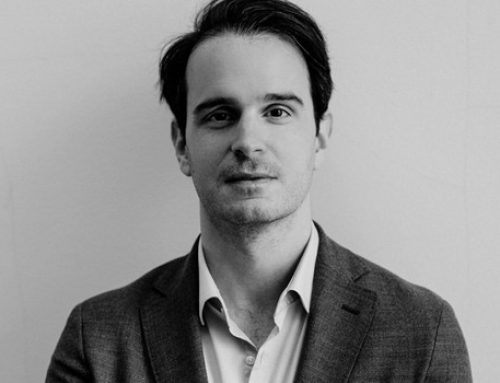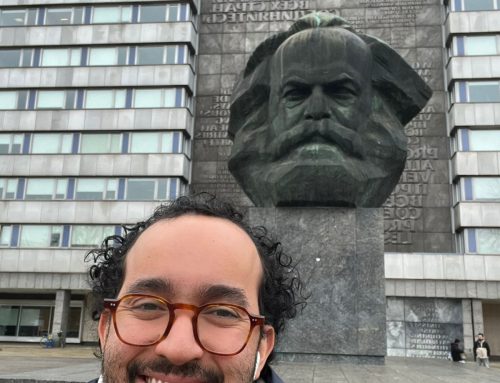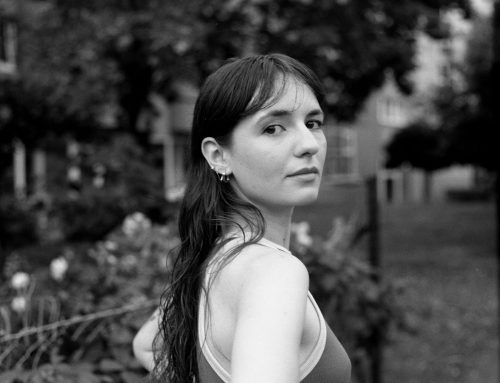On Thursday, June 11th from 10.00 to 12.00 am we have hosted the third CAS SEE Weekly Seminar with Kateřina Vráblíková, presented by our Fellow Professor Ondřej Císař. The seminar revolved around Vráblíková’s new book – What Kind of Democracy?: Participation, Inclusiveness, and Contestation.
Kateřina Vráblíková is a Senior Lecturer in Politics at the University of Bath, UK. Her work focuses on political participation, social movements, political attitudes, and culture in contemporary democracies, Eastern European politics, and research methods. She was a Fulbright fellow at the University of California, Irvine (2010-11), an Assistant Professor at the University of Mannheim (2012-2016), a Post-doctoral Fellow at The Ohio State University (2016-2018), and an Istvan Deak Visiting Professor in East-Central European Studies at Harriman Institute, Columbia University (Spring 2019). Her other work has been published in “Comparative Political Studies and European Journal of Political Research”.
 What kind of democracy enhances more politically engaged citizenry? In her book, Katerina Vrablikova, develops a new approach to democracy and argues for democratic structures that are based on inclusiveness and contestation. Inclusiveness provides access and protection of diverse voices while contestation promotes system’s accountability and responsiveness that increases the chances that the various voices will be listened to. Vrablikova’s inclusive contestation perspective on democracy draws on pluralist and radical democratic visions formulated by Dahl or Mouffe and challenges other classical perspectives that are built on the ideas of inclusive consensus, such as deliberative and consensual democracy. The strong theoretical approach is combined with empirical analyses of public opinion surveys across multiple democratic countries that examine the role of various individual, institutional, and cultural factors for citizens’ political participation beyond elections. The results have important implications for policymaking aimed at enhancing democratic citizenship that usually relies on enhancing citizens’ political skills and knowledge, strengthening social capital, or building consultative and deliberative institutions.
What kind of democracy enhances more politically engaged citizenry? In her book, Katerina Vrablikova, develops a new approach to democracy and argues for democratic structures that are based on inclusiveness and contestation. Inclusiveness provides access and protection of diverse voices while contestation promotes system’s accountability and responsiveness that increases the chances that the various voices will be listened to. Vrablikova’s inclusive contestation perspective on democracy draws on pluralist and radical democratic visions formulated by Dahl or Mouffe and challenges other classical perspectives that are built on the ideas of inclusive consensus, such as deliberative and consensual democracy. The strong theoretical approach is combined with empirical analyses of public opinion surveys across multiple democratic countries that examine the role of various individual, institutional, and cultural factors for citizens’ political participation beyond elections. The results have important implications for policymaking aimed at enhancing democratic citizenship that usually relies on enhancing citizens’ political skills and knowledge, strengthening social capital, or building consultative and deliberative institutions.
Watch the Seminar on Youtube:






